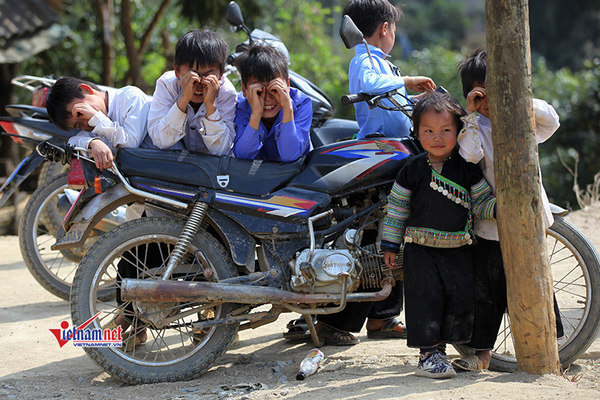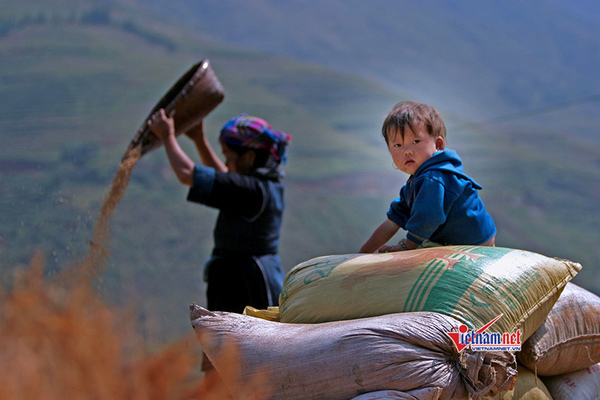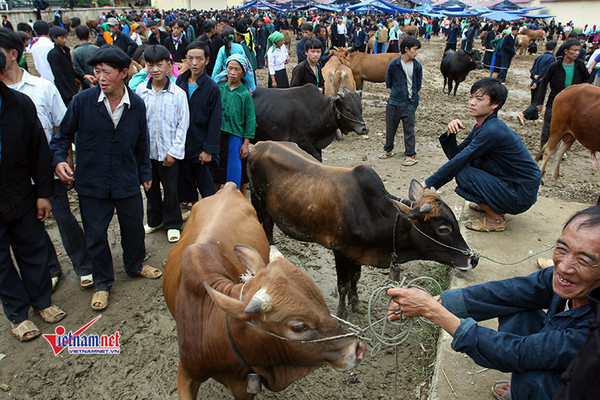|
It is a fact that socio-economic situation in ethnic minority, mountainous and extremely difficult areas of Vietnam is still developing slowly; the access to basic social services is at the lowest level in the country while the poverty rate is the highest.
Therefore, it is necessary to build an overall scheme on socio-economic development and investment in ethnic minority, mountainous and extremely difficult areas in the 2021-2030 period.
In order to serve the verification of the Master Plan on socio-economic development in ethnic minority and mountainous areas and areas facing exceptionally difficult conditions, submitted by the Government to the National Assembly in accordance with Resolution No. 74/2018/QH14, on July 30 the National Assembly's Ethnic Affairs Council held the Conference "Consultation on initiatives to build the overall scheme on socio-economic development and investment in ethnic minority and mountainous areas and the areas facing special difficulties."
A comprehensive, long-term program
Chairman of the Council for Ethnic Affairs Ha Ngoc Chien said that at the 6th Session of the 14th National Assembly, on the basis of assessing the results of 3 years implementing the government’s socio-economic development policies for ethnic minority areas and mountainous regions and the Verification Report of the Council for Ethnic Affairs, the National Assembly has assigned the Government to formulate a master plan on socio-economic development and investment in the ethnic minority and mountainous areas and areas with special conditions to submit to the National Assembly for consideration and approval at the 8th Session of the 14th National Assembly, which will take place in October 2019, and the plan will be implemented in 2021.
 |
|
In the 2012-2015 period, the State will allocate free seeds and fertilizers to help poor households and ethnic minority households develop food production and thus solving food shortages.
|
Mr. Ha Ngoc Chien asked delegates to consider, discuss and contribute ideas to the draft project in all socio-economic fields, thereby finding solutions to promote the development of ethnic minority areas, andbmountainous regions and areas with particularly difficult conditions; to improve people's lives; to eradicate backward customs and practices associated with preserving and promoting the good cultural identity of ethnic groups; to build a strong political system, maintain political security, social order and safety, territorial sovereignty, and national border security, and to consolidate and strengthen the great unity bloc.
Delegates attending the meeting agreed that ethnic minority and mountainous areas, areas with exceptionally difficult conditions are the areas with important strategic positions in terms of politics, socio-economics and security, defense, foreign affairs and environment protection.
Fifty-three ethnic minorities with 3.04 million households and 13.38 million people are living mainly in the Northwest, Central Highlands, Southwest and Central Coast. These are the regions with many valuable mineral resources, diverse flora and fauna ecosystems.
Based on the fact that the socio-economic situation in ethnic minority, mountainous and extremely difficult areas is still at low level and the access to basic social services is at the lowest level in the country while the poverty rate is the highest, it is necessary to build an overall scheme on socio-economic development and investment in ethnic minority, mountainous and extremely difficult areas in the 2021-2030 period, with specific goals and breakthrough solutions to promote comprehensive development of these regions, narrowing the gap with developed ones.
Comprehensive, positive solution
 |
|
In the period of 2015 - 2020, the production development support will shift to the allocation of seeds and livestock of high economic value so that poor households and ethnic minority households can earn cash income.
|
In the 2012-2015 period, the State will allocate free seeds and fertilizers to help poor households and ethnic minority households develop food production and thus solving food shortages.
In the period of 2015 - 2020, the production development support will shift to the allocation of seeds and livestock of high economic value so that poor households and ethnic minority households can earn cash income.
The production development support is implemented under projects with the direct participation of beneficaries since the projects are designed until it is implemented. Although the production support projects and poverty reduction models have achieved remarkable results, the level of achievement has been limited and not as high as expected.
According to Deputy Minister Tran Thanh Nam, the cause of this limitation is that some localities have not been fully aware and strictly implemented the process of guiding the construction and implementation of these projects, and they have not yet paid attention to the production efficiency of the projects, and have not yet connected product consumption to production projects.
To overcome this situation, Deputy Minister Tran Thanh Nam has proposed solutions to strengthen inspection and supervision.
At the same time, the Ministry of Agriculture and Rural Development is working with related ministries and agencies to propose changes in the implementation mechanism in the direction that the State will provide a small part of breeds, materials and technical training and vocational training, connecting production and consumption, and increasing lending at low interest rates from the Social Policy Bank to avoid relying on the State's support.
In the work of forest protection and development in association with the poverty reduction program, Deputy Minister Tran Thanh Nam affirmed that in recent years, the policy of socializing forest protection and development has been stepped up.
This is a fundamental change in the management, protection and development of forests, making people true owners, associating interest with responsibilities, and creating conditions for people to protect forests.
However, the progress of forest allocation and lease in association with forestland allocation and issuance of forest land-use right certificates remains slow. The application and implementation of mechanisms and policies on land and forest allocation have not been consistent in localities.
In the coming time, Deputy Minister Tran Thanh Nam said that there should be solutions to support production development and livelihood diversification; and raise awareness and mobilize people's participation in forest production, protection and development.
Hai Anh
 In the 2012-2015 period, the State will allocate free seeds and fertilizers to help poor households and ethnic minority households develop food production and thus solving food shortages.
In the 2012-2015 period, the State will allocate free seeds and fertilizers to help poor households and ethnic minority households develop food production and thus solving food shortages.